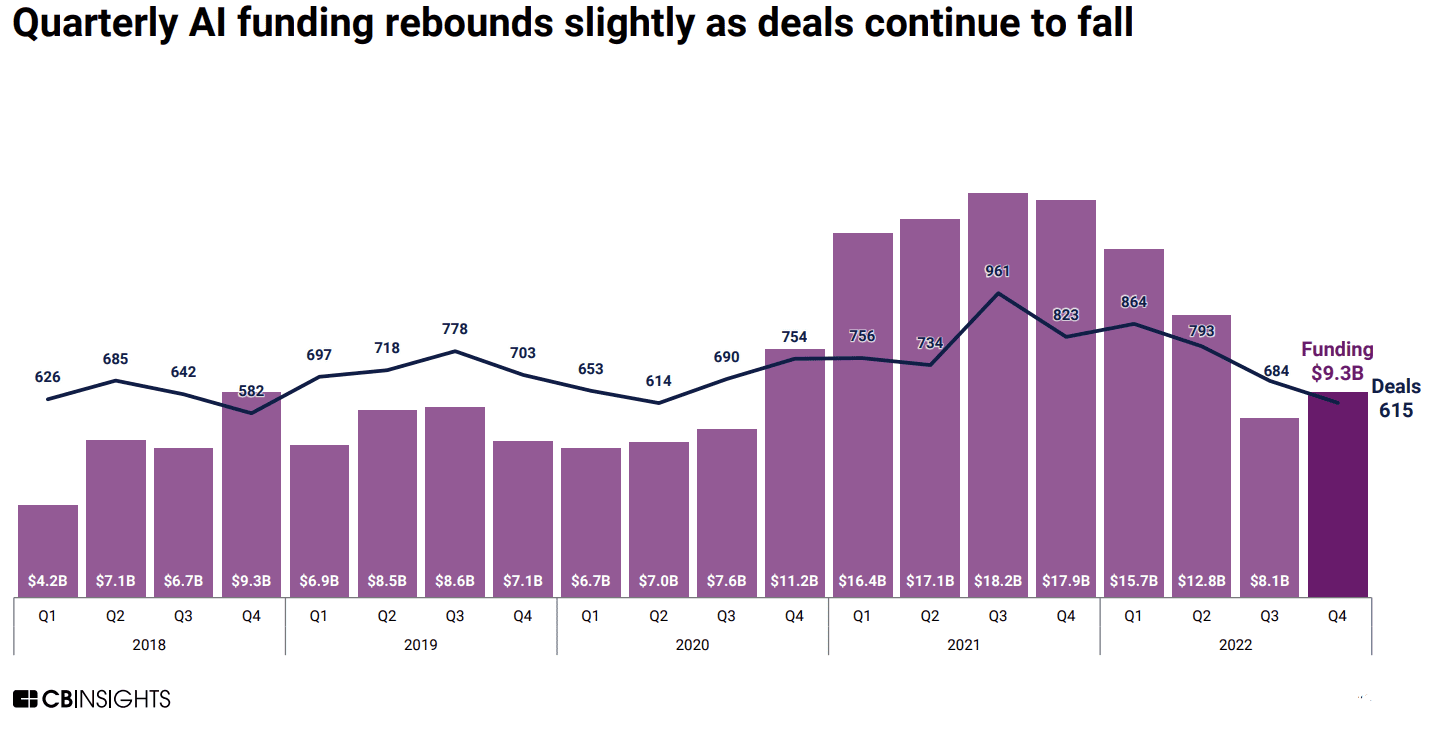
Artificial intelligence (AI) has emerged as a transformative technology with the potential to revolutionize various industries and aspects of our lives. To harness this potential and scale the benefits of AI, governments, corporations, and research institutions are investing heavily in its development and deployment.
One major trend in AI funding is the significant increase in investments for research and development (R&D). Governments and private companies recognize the importance of advancing AI capabilities through innovation. The US government, for example, has allocated billions of dollars to AI R&D through agencies like the National Science Foundation and the Defense Advanced Research Projects Agency (DARPA).
Another significant aspect of AI funding is the growing investment in AI startups and scale-ups. Venture capitalists and angel investors are recognizing the potential of these companies to disrupt traditional industries and create new products and services based on AI.
Companies like OpenAI, which developed the popular AI language model ChatGPT, have attracted billions of dollars in funding. Other AI startups focused on applications such as healthcare, finance, and manufacturing are also receiving substantial investments, enabling them to expand their operations and bring their innovations to market.
The increased funding for AI is expected to have numerous benefits, including:
While increased funding for AI brings many potential benefits, it also raises some concerns:
To maximize the benefits of AI while mitigating potential risks, policymakers and stakeholders must engage in critical discussions and develop comprehensive strategies. This includes establishing ethical guidelines, addressing data privacy concerns, and promoting diversity and inclusion in the AI industry.
By balancing the benefits and risks of AI funding, society can harness the transformative power of this technology while ensuring its responsible and equitable use.
The increased funding for AI research, development, and startups has the potential to unlock significant benefits for society. However, it is crucial to address ethical concerns, data privacy issues, and the potential for concentration of power to ensure that AI is used responsibly and for the betterment of humanity.
By engaging in critical discussions and developing comprehensive strategies, policymakers and stakeholders can guide the development and deployment of AI in a way that maximizes its benefits while mitigating potential risks. This will allow us to fully realize the transformative potential of AI for the future.
